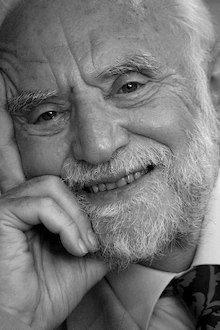
of Shakespeare
(ca. 1600-1610)
As I continue to read All the Sonnets of Shakespeare, edited by Paul Edmondson and Stanley Wells, I’m more than ever impressed by the remarkable clarity of the presentation, which focuses on Shakespeare as a developing writer. An added bonus is the intimacy of the scholarship, especially for a non-specialist like me. “The year 1591 saw the beginning of a sudden vogue,” they write, “for the composition and publication of sequences of interrelated sonnets initiated by the posthumous publication in that year of Sir Philip Sidney’s Astrophil and Stella.”

At least nineteen such collections appeared between then and 1597, when the vogue faded out, and it is likely that Shakespeare wrote most of his non-dramatic sonnets during this period. But they did not appear in print during these years, nor do they hang together in the manner of the published sonnet cycles by other writers. Though there was no obvious outlet (such as the literary magazines of later periods) for the publication of individual poems, Shakespeare, it seems, was initially writing sonnets either out of a self-generated creative impulse, or from a desire to communicate privately in poetic form, or to commission.
His 154 sonnets are

on the whole, a collection of often highly personally inflected poems written over at least twenty-seven years, rather than a sequence aimed at catching the mood and developing the taste for a literary fashion. His sonnets are not public poems written and published for money; . . . they were published a decade after the vogue for sonnets had passed, printed only once, and were ‘clearly a flop on their first appearance’. He seems interested primarily in using the sonnet form to work out his intimate thoughts and feelings.
As I am, if I may be so bold, in deformed sonnets such as these:

lv (MOTHER)
Her years of misery
drove us all——my father
and my brother too——
seriously mad.
We were soaked
in the soaring strife
of vicious tantrums
that were the ruin
of her own life.
I rarely think of her——
she went so long ago
to an early grave——
and when I do
I want not to.
lvi (RUNAWAY)
Therefore I was one of four
whose life at home was cursed.
But though I longed
so deeply not to be there,
to be a runaway seemed worse——
not possible for me.
I was a nice Jewish boy
who lived in Brooklyn.
The closest boxcar siding
was in a different country
much too far——
someone said New Jersey.
I didn't have the courage
anyway.
